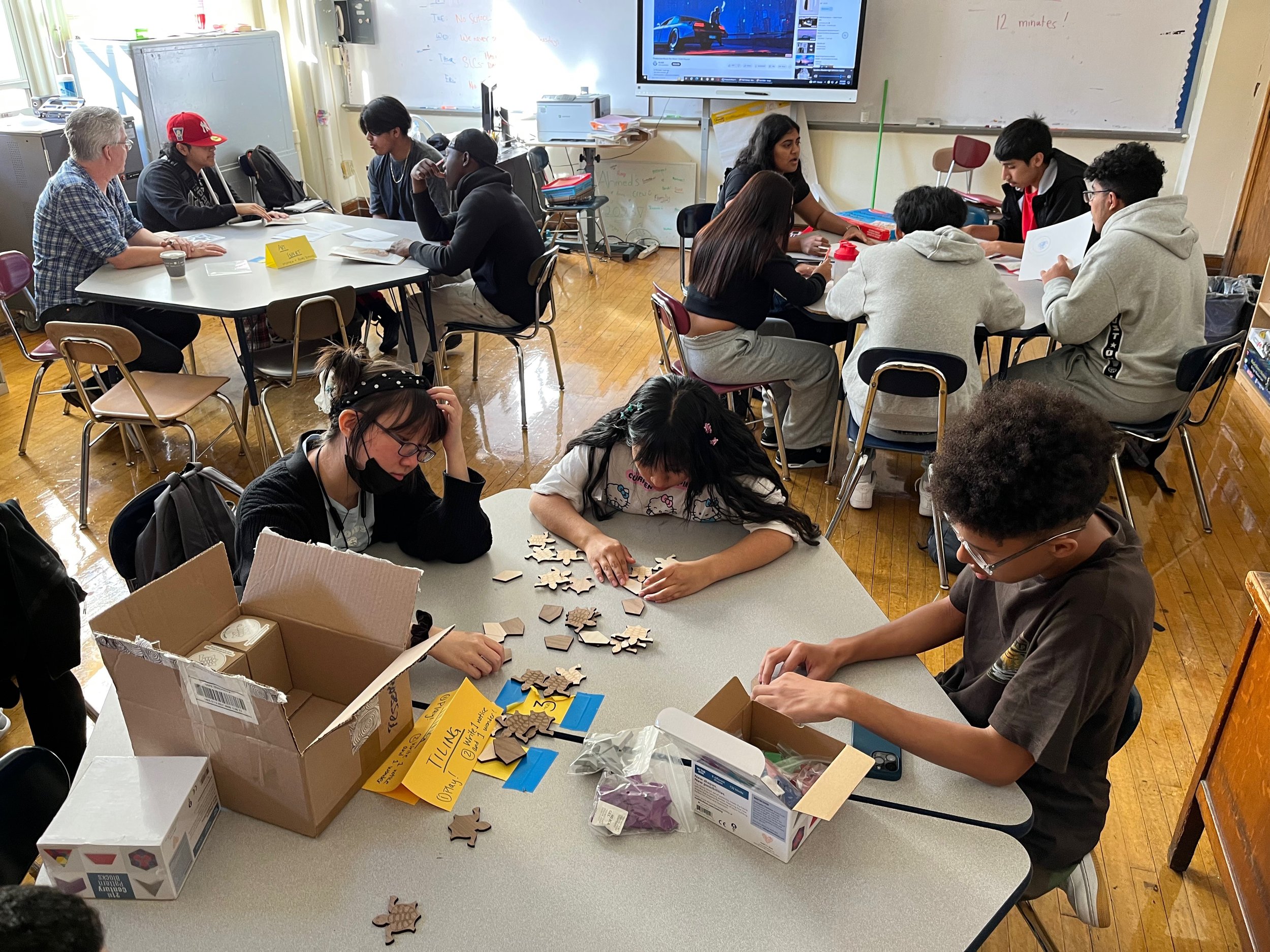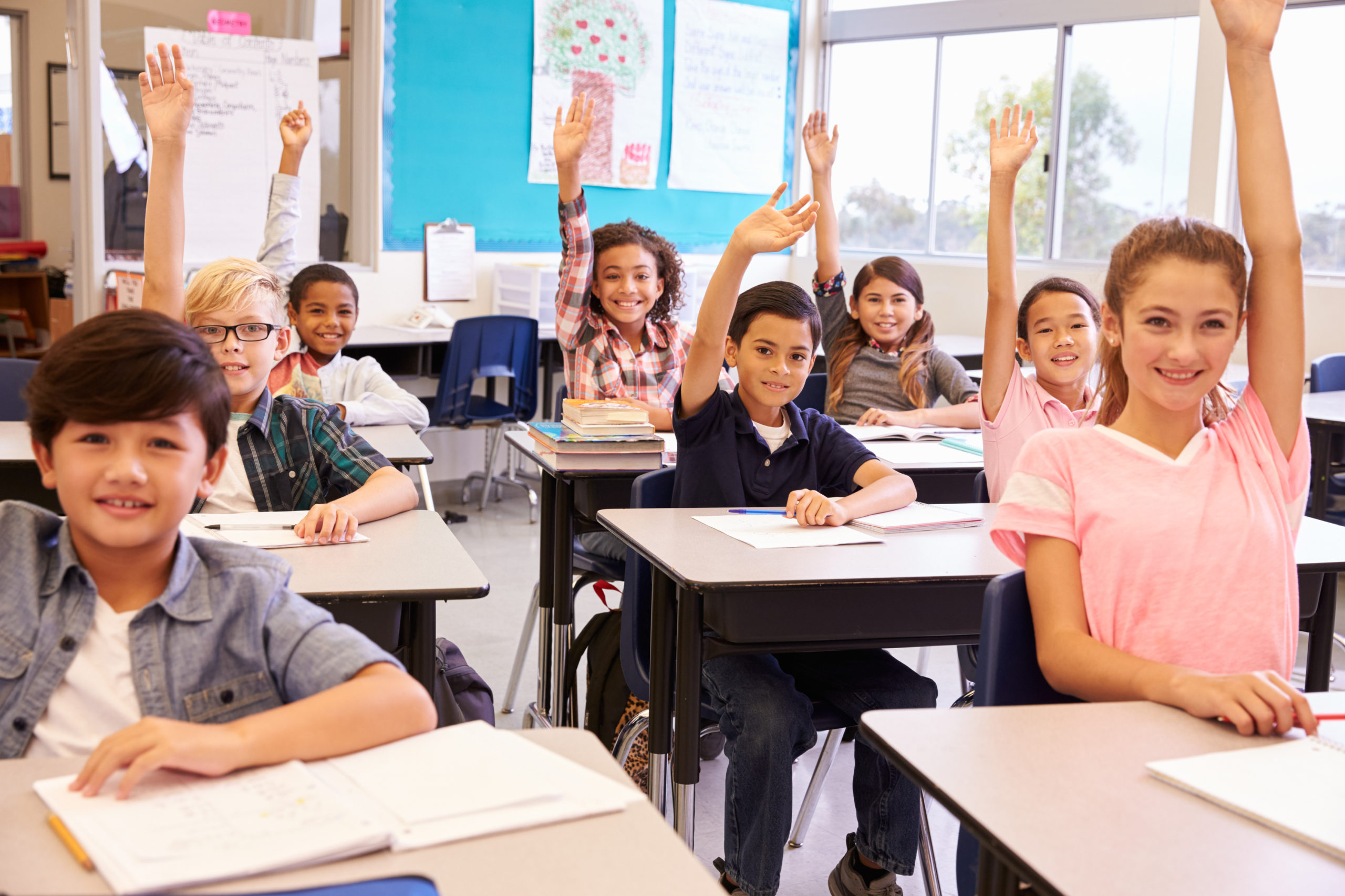Discover the Perks of Advocacy: Save Temecula Schools
Discover the Perks of Advocacy: Save Temecula Schools
Blog Article
Comprehending the Importance of Institutions in Youngster Growth and Neighborhood Development
Schools work as pivotal organizations for youngster advancement and community development, giving environments where scholastic success are enhanced by the farming of social skills and exposure to varied point of views. These educational setups not just promote critical thinking and effective communication yet likewise foster compassion with collaborative tasks. Additionally, institutions' involvement with regional neighborhoods with service-learning initiatives reinforces the bond between families and schools. This cooperative connection highlights the significance of institutions in nurturing active citizenship and long-lasting understanding practices. What are the particular mechanisms by which these institutions attain such extensive influences?
Academic Achievement
Academic success acts as a keystone of kid development, giving the foundation upon which future understanding and success are built. Institutions play an essential function in promoting this scholastic growth, supplying structured settings where kids can acquire vital expertise and cognitive skills. Standard curricula ensure that trainees gain effectiveness in core subjects such as maths, scientific research, and language arts, which are vital for both greater education and expert opportunities.
In enhancement to giving fundamental scholastic abilities, colleges likewise cultivate crucial reasoning, problem-solving capabilities, and intellectual interest. These cognitive proficiencies are important for navigating complex real-world scenarios and adjusting to the ever-evolving demands of the modern-day work environment. Educators, as facilitators of discovering, utilize varied pedagogical strategies to cater to diverse discovering designs, consequently optimizing specific pupil capacity.
Furthermore, academic success is very closely linked to self-worth and inspiration. Kids that experience scholastic accomplishments are more probable to create a favorable self-concept and a long-lasting enthusiasm for knowing. Institutions also supply different sources, such as libraries and modern technology, which better enhance the academic experience and prepare pupils for a technologically advanced culture.
Social Ability Development
Beyond scholastic achievement, the duty of institutions in social skill development is crucial. Schools work as a primary location for youngsters to find out and exercise necessary social skills such as cooperation, conflict, and interaction resolution. In the structured atmosphere of a classroom, trainees connect with peers, educators, and other institution personnel, using countless opportunities to create these crucial abilities.
Efficient social ability growth in schools is promoted via team activities, collaborative tasks, and extracurricular programs. These interactions assist students recognize social norms, build compassion, and cultivate a sense of community. Team assignments show pupils exactly how to work with each other in the direction of an usual goal, listen to different perspectives, and navigate disagreements constructively.

The farming of social skills throughout college years lays a foundation for future personal and professional relationships. Save Temecula Schools. As trainees develop, the capacity to properly work together and communicate comes to be significantly vital, underscoring the institution's important duty in all natural kid development
Exposure to Variety
Exposure to diversity in schools is fundamental to fostering a comprehensive way of thinking and broadening trainees' viewpoints. Schools function as a microcosm of the broader society, and encountering varied societies, languages, and socioeconomic backgrounds within this atmosphere furnishes pupils with necessary skills for navigating a significantly globalized globe. This exposure urges compassion, minimizes prejudices, and advertises shared regard among peers.
Research study suggests that trainees that connect with peers from varied backgrounds exhibit better analytic abilities and creativity. This understanding of variety prepares pupils for future work environments that worth modern capability - Save Temecula Schools.

Community Engagement
The benefits of varied classrooms prolong past the college walls, promoting a solid feeling of area interaction among redirected here trainees. By communicating with peers from different social, socioeconomic, and ethnic histories, students gain a wider perspective and a gratitude for variety. This exposure motivates them to end up being energetic people who agree to contribute positively to their neighborhoods.
Institutions that highlight neighborhood interaction commonly integrate service-learning projects, which allow students to address real-world problems while using academic skills. These jobs not just boost students' understanding of their coursework yet additionally impart a feeling of obligation and compassion. Partnerships in between schools and neighborhood organizations supply students with possibilities to take part in community occasions, further strengthening their duty as proactive community participants - Save Temecula Schools.
Additionally, parental and area involvement in schools reinforces the bond between instructional organizations and the neighborhoods they serve. Via these efforts, institutions play a critical function in supporting neighborhood engagement and promoting social growth.
Lifelong Understanding Routines
Establishing lifelong understanding habits is important for a youngster's continuous development and versatility in an ever-changing world. Institutions play a critical duty in instilling these habits by developing a setting that promotes curiosity, critical reasoning, and a love for understanding. With extracurricular tasks and diverse curricula, instructors encourage trainees to explore different topics, examine information seriously, and use their discovering to real-world scenarios.

Furthermore, colleges offer an organized environment where youngsters can create self-discipline and time administration abilities, both of which are important for continual learning. By stressing the significance of establishing objectives, reviewing progression, and adapting methods, schools prepare pupils to browse the complexities of adult life, guaranteeing they continue to be long-lasting learners and factors to culture.
Verdict
In verdict, click colleges are crucial in cultivating kid advancement and area development by giving atmospheres conducive to academic success, social ability growth, and direct exposure to diversity. Ultimately, colleges grow long-lasting understanding routines, gearing up individuals with the essential understanding and skills to contribute positively to culture.
In the organized setting of a class, pupils communicate with peers, educators, and other college staff, supplying countless chances to create these vital capacities.
In essence, direct exposure to diversity within institutions not just enriches private pupils but likewise strengthens the social material of the area as a whole.
The benefits of varied class extend past the school walls, cultivating a solid sense of neighborhood interaction among trainees.Institutions that stress community interaction usually integrate service-learning projects, which enable trainees to resolve real-world problems while applying scholastic skills. Partnerships between institutions and neighborhood companies provide pupils with possibilities to participate in community events, even more strengthening their duty as positive area participants.
Report this page